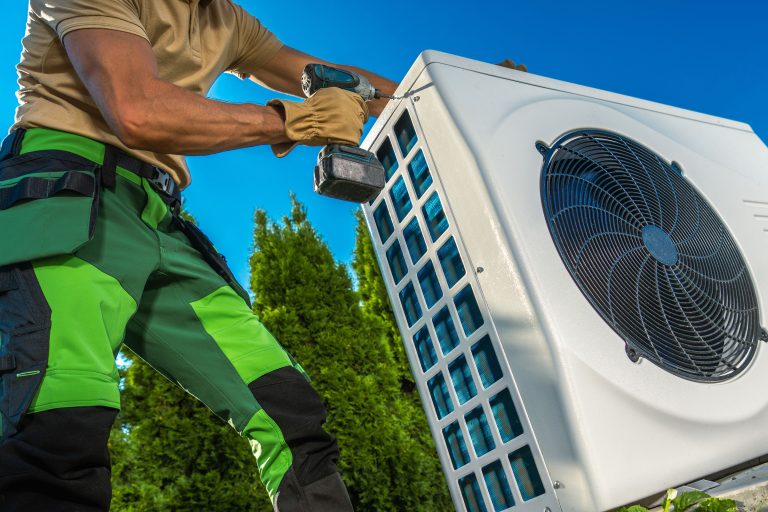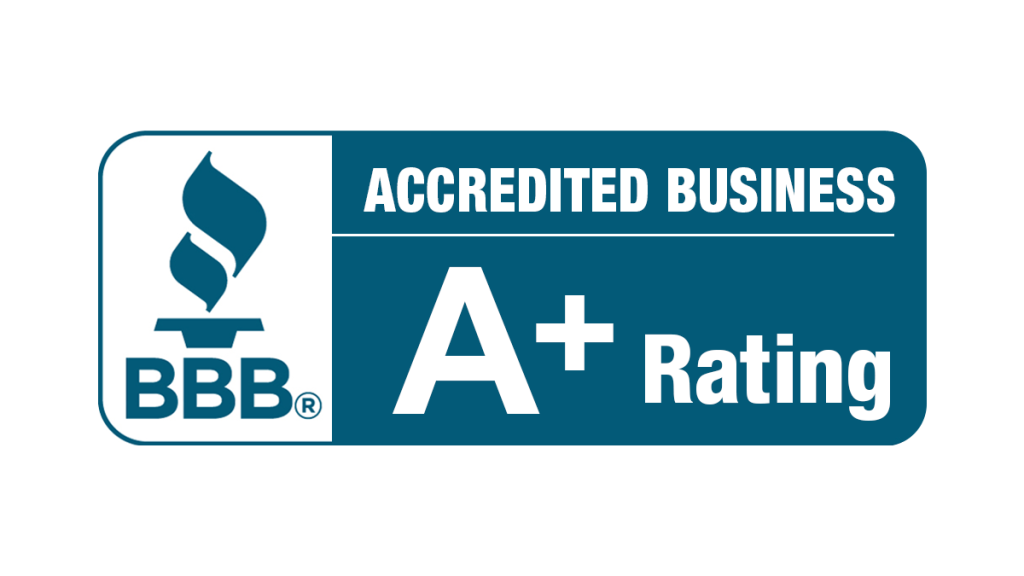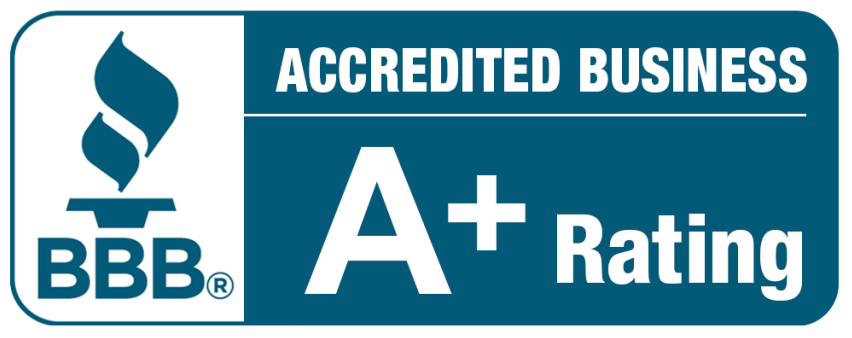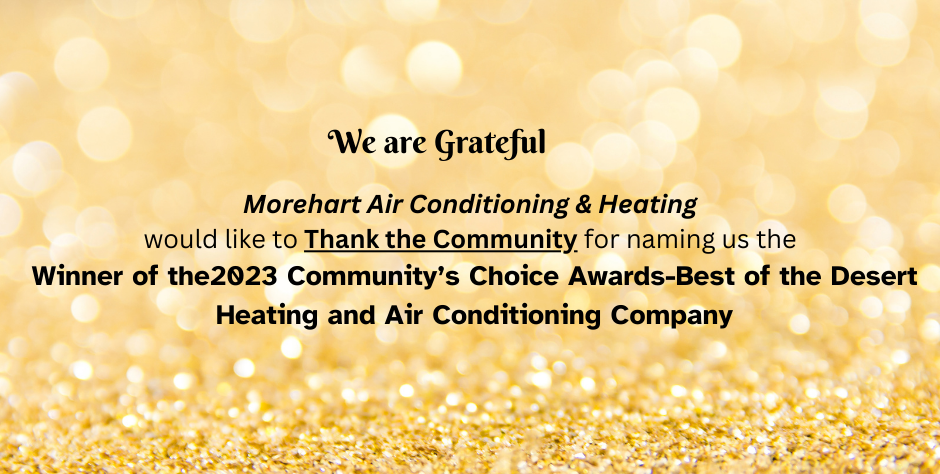
A heat pump is a very efficient way to transfer heat from one place or medium to another for residential use. When the outside air temperature is cooler than the inside air temperature, it can be used as an air conditioner (cooling) and dehumidifier (removing moisture). When the outside air temperature is higher than the inside, the heat pump can be reversed to provide a heating function.
Top Benefits: Investing in a Heat Pump System
The appliance used for a heat pump system needs a low-level electrical source and some regular maintenance every few years. If you are considering purchasing a heat pump system but are not sure if it’s worth the investment, here are some of the top benefits of investing in one for your home or going with heat pump installation.
1) Energy savings.
It is very efficient at transferring energy to create either hot or cold air. With an average COP (Coefficient of Performance) between 3 and 4, a heat pump can provide as much as four units of heat for every unit of electricity used.
2) Reliable.
It can last for up to twenty or thirty years with proper maintenance, which means you won’t have to make any major appliance purchases for a long time. The only regular maintenance requirements are cleaning the filter and drain lines every few months to ensure proper function.
3) Improves home value.
According to a study by the Department of Energy, homes with a heat pump sell for an average of five thousand dollars more than homes without one. If you plan on selling your home in the next ten or fifteen years, it’s best to install a heat pump system before putting your house on the market.
4) No major installation required.
You won’t need to tear up any flooring or install complicated wiring to put in a heat pump system since it’s very easy to attach to an already existing furnace. Installing one is similar to installing central air conditioning.
5) High-efficiency.
In addition to providing a high COP, a heat pump system removes ninety percent of the moisture from the air, which is much more efficient than a furnace or an air conditioner. And with a steady heating and cooling temperature, you won’t have to worry about any temperature variations leading to discomfort within your household.
6) Promotes cleaner, healthier air.
It system will provide you with fresh, clean air that has been filtered to remove dust and other particles within the home. This is very beneficial for people who suffer from allergies or asthma since no allergens are floating around in the room when using it.
7) Uses low-level electricity.
A heat pump uses a very low-level amount of electricity, making it more energy-efficient than regular home air conditioners and furnaces. If you already have an existing electrical source in your home, it will require a minimum number of repairs and will barely add to your monthly utility bill. And if you plan on installing one for the first time, you’ll only need to hire a professional for heat pump installation.
8) Energy-efficient water heater.
When your heat pump runs in cooling mode, it can also provide hot water to the entire household because of its energy efficiency. While this won’t save money on an existing bill, during summer months when you’re not heating the water and only cooling it, you’ll see savings on future bills.
What are things to consider – before purchasing a heat pump system?
Since it is an expensive investment, you’ll want to make sure it’s worth the cost before going ahead and purchasing one. Review each of these considerations to see if it will work for your home:
1) Do you have a low-level electricity supply?
You won’t be able to use a heat pump if you aren’t receiving electricity from an outside source. Low-level electricity is different than standard electrical wiring and comes in the form of solar power or a windmill, for example.
2) Is your location warm enough?
Many places in Peoria, Arizona, and the rest of the country can benefit from a heat pump, but they’re most effective in warmer climates. If you live somewhere that sees snowfall in the winter months and cold temperatures year-round, it won’t be able to provide adequate heating for your home.
3) Do you have multiple zones within your home?
If you have multiple rooms in your home that require different temperatures, you’ll want to install it’s system that is capable of providing the right temperature for each room.
4) Can you afford it?
In addition to installation costs, you’ll also need to factor in the cost of electricity and repairs over time. In general, if you’re looking for a long-term investment that will add value to your home and provide a wonderful heating solution for years to come, it’s system is worth the initial investment.
5) Are you expecting to sell your home?
If you know that you’ll only be staying in your current home for a limited number of years, it might not make sense to invest in something like a heat pump system. When you decide to stay, the benefits will significantly outweigh the costs associated with upkeep and repairs over time. Though you’re looking to sell, you’ll probably recoup most of your initial costs upon sale thanks to its efficiency.
6) Do top-notch quality warranties come with heat pump systems?
Yes! Heat pump manufacturers and suppliers offer high-quality product warranties with their products to ensure the success and longevity of every system. To receive the best value on your investment, make sure to check into the warranty of any heat pump system you’re considering purchasing.
Conclusion
Many people put off buying a heat pump because of its initial cost. However, it’s an investment that will lower your monthly bills, provide effective heating and cooling options for your entire home, and increase the resale value of your property. If you’re looking for a low-cost way to improve your Peoria, Arizona, home’s heating and cooling options, this is a great solution that will pay off in spades. Do you have any questions about it’s system or want to know more details about your options? Call the professionals today!




